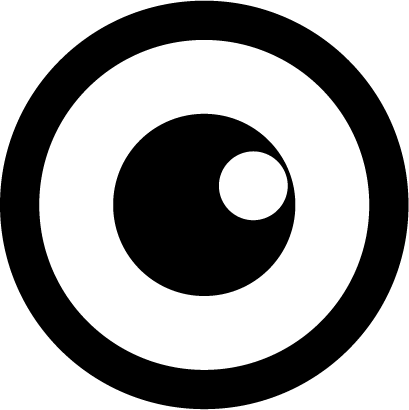Intralase LASIK is also known as INTRALASIK and is a new way to perform laser vision correction surgery without a blade. Here at Ophthalmology Demo Account, we can perform complete laser eye surgery with the INTRALASE IFS Advanced laser.
Intralase LASIK Eye Surgery
Intralase LASIK is very similar to LASIK eye surgery. The difference is that traditional LASIK eye surgery requires the flap to be cut by our eye surgeon with a special blade. Then, the laser is positioned over the eye to perform the needed reshaping of the cornea. With Intralase LASIK, the manual medical instrument is not needed. Instead, the computer controlled INTRALASE IFS Advanced laser is used to cut the flap. This is extremely advantageous over the traditional corneal flap cutting method because it allows the corneal flap to be customized for the individual. It also reduces the chances of complications with the flap.

Benefits of Intralase LASIK
Intralase LASIK offers improved benefits over traditional LASIK eye surgery, especially for individuals with thin corneas that are not good candidates for traditional LASIK.
- Complete customization of the vision correction surgery
- Faster healing times
- Improved outcomes and comfort
- Increased number of individuals can take advantage of INTRALASIK
- Less chance of complications with the corneal flap
Risks of INTRALASIK
INTRALASIK still has some risks, but they are significantly reduced due to the ability to precisely create the corneal flap.
- Eye infections
- Eye discomfort
- Flap wrinkling, although this is greatly reduced with INTRALASIK
- Problems with halos and glare immediately after surgery
- Symptoms of dry eye following the eye surgery
INTRALASIK with Nathan Anderson
Intralase LASIK is often considered more comfortable with less chance of complications than traditional LASIK surgery. Before your eye surgery, our eye surgeon will examine your eyes and map your corneas using a computer-aided device. The information is then used to determine the prescription for your surgical vision correction.
On the day of your appointment, we recommend that you bring a second driver with you. This is because you will still be under the effects of the relaxing medications, and you will not be able to see clear enough to drive immediately after your eye surgery.
You’ll arrive at the outpatient surgery center about an hour before your appointment. This is to ensure you are properly prepared and relaxed for the surgery. If needed, we can administer medications to help you relax.
The surgical vision correction only takes a few minutes per eye. The first step is cutting a corneal flap with the INTRALASE IFS Advanced laser. The flap is then folded over, and the laser precisely reshapes your cornea so that light is reflected correctly on the back of your eye. Once the laser is finished, the corneal flap is folded over the surgical site. There are no stitches needed for this procedure.
Once the procedure is over, you will be given some time to recover, and then Anderson will examine your eyes. If everything looks good, you will be able to go home. We do recommend someone stay with you for the remainder of the day as you may have some blurry vision immediately after the vision correction surgery.
Follow-up appointments are usually scheduled 24 hours after the surgery and one week after the surgery. Periodic follow-up appointments may be scheduled for up to six months after the procedure in order to examine your eyes and test your vision. Most individuals do not need glasses or contacts after surgery. However, you may need reading glasses in the future as you age.
To schedule an appointment with Anderson to see if Intralase LASIK would be right for you, give us a call today AT 800-462-8749.
